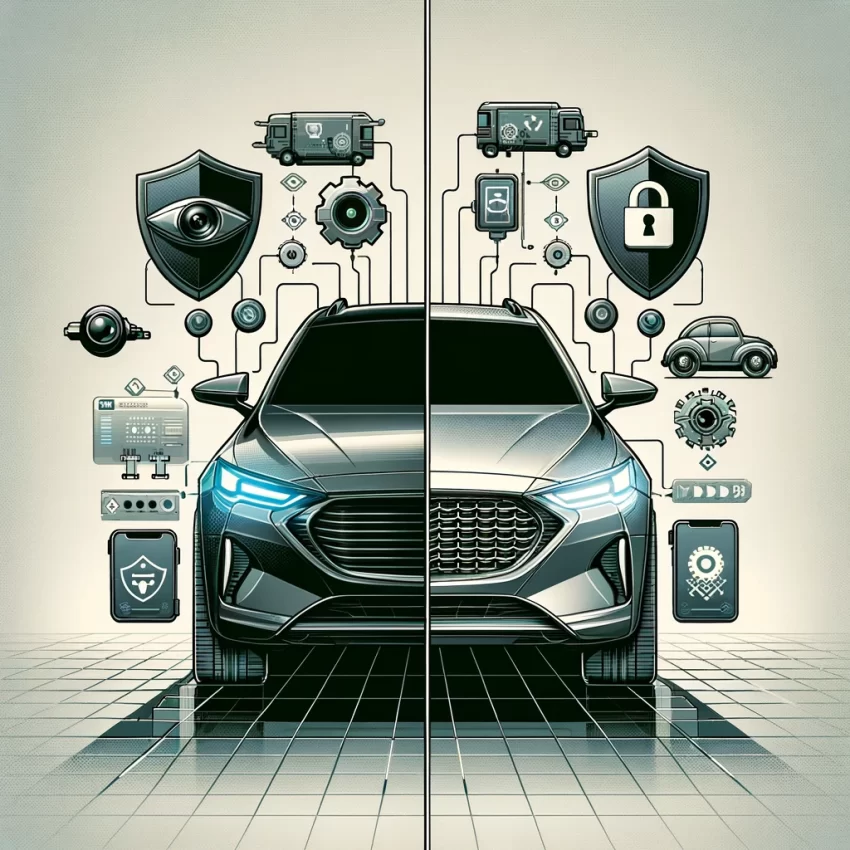We’ve reached the final installment of our series on the privacy implications of advanced automotive technologies. Throughout this journey, we’ve explored how the integration of cameras, microphones, lidar, and radar in vehicles can potentially expose us to surveillance and privacy breaches. As someone with over 35 years in IT and emerging technologies, my goal has always been not just to highlight potential risks but also to offer practical solutions. Today, we focus on how we, as individuals and as a society, can protect our privacy in this high-tech era.
Empowering Consumers: Practical Steps to Enhance Privacy
When it comes to protecting ourselves against the potential misuse of automotive technologies, knowledge and preparation are our best defenses. Here are some practical steps every vehicle owner should consider:
1. Stay Informed About Your Vehicle’s Capabilities
Understanding the technology in your vehicle is the first step to protecting your privacy. Read the owner’s manual, research online, or speak directly with your car manufacturer to learn exactly what data your vehicle collects and how it can be used.
2. Utilize Privacy Settings and Opt-Outs
Many vehicles offer privacy settings that allow you to control what data is shared and with whom. Familiarize yourself with these settings and adjust them to maximize your privacy. If there are opt-out options for data collection or sharing, take advantage of them.
3. Secure Your Wireless Connections
Vehicles with Wi-Fi or Bluetooth capabilities can be vulnerable to hacking. Ensure that any wireless connections are secured with strong passwords and that your vehicle’s software is always updated to the latest version, as these updates often include security patches.
4. Use Aftermarket Privacy Tools
If your vehicle’s built-in options are not enough, consider aftermarket solutions. These might include camera covers, microphone blockers, or devices that scramble or block GPS signals. While not ideal for everyone, they can provide an additional layer of privacy protection.
Advocating for Better Protections
Beyond individual actions, there is a need for broader changes to ensure our privacy is protected:
1. Push for Stronger Regulations
Advocate for laws and regulations that require automakers to implement better security measures and to be transparent about what data is collected and how it is used. Privacy should not be an optional feature.
2. Support Open Standards and Audits
Promote the adoption of open standards for vehicle technology, which can make it easier to understand and audit how technologies are implemented. Independent security audits should be a regular part of the automotive industry’s practices.
3. Demand Transparency from Manufacturers
Vehicle manufacturers should provide clear, accessible information about the privacy implications of their technologies. As consumers, we should demand transparency and hold companies accountable for their data practices.
Final Thoughts
As we embrace the conveniences of modern automotive technologies, we must not overlook the potential costs to our privacy. By staying informed, utilizing available tools, and advocating for stronger protections, we can enjoy the benefits of these technologies without compromising our security.
